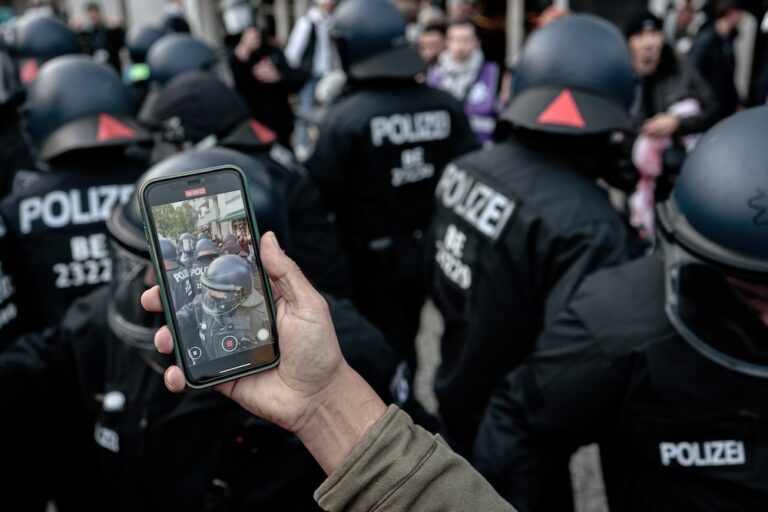In June 2013, the World Intellectual Property Organization will negotiate an international copyright treaty to improve access to books for persons who are blind or have other print disabilities. The International Publishers Association supports this objective.
From 18 to 28 June 2013, the World Intellectual Property Organization (WIPO) will negotiate an international copyright treaty to improve access to books for persons who are blind or have other print disabilities. IPA strongly supports this objective. Last week’s final round of preparatory negotiations, however, concluded with a negotiating text that still contains a number of proposed provisions that are irrelevant for meaningful accessibility.
IPA Secretary General Jens Bammel said: “Publishers want people with print disability to have equal and simultaneous access to books as anybody without disability. Together with libraries for the visually impaired, online booksellers and the vendors of smart phones and e-book readers, publishers are producing more and more books in the formats that visually impaired people (VIP) need. This new WIPO Treaty will further increase the number of books accessible to persons with print disabilities.
“The IPA and the international publishing community wholeheartedly support a treaty that will enable the international exchange of works in accessible formats to ensure that every person who is blind or visually impaired will have access. In order to achieve this, negotiations should focus on the issues that must be changed in international copyright law to facilitate that international exchange. Some proposals in the current treaty text are not needed to effectively achieve its objectives. Instead, they are intended to weaken the very copyright system that has so far successfully provided both rightsholders with the protection, and persons with disabilities with the flexibility they need. More than 57 countries have introduced exceptions for visually impaired persons.
“The treaty must also recognize that where local publishers are already offering commercial e-books that visually impaired persons can read, then equal access is being achieved. The advent of smartphones, text-to-speech and other technologies means that even publishers in developing countries can serve print-disabled readers. The incentives for publishers to provide such accessible works will be undermined unless there is a commercial availability provision that makes it clear that new copyright exceptions need not apply to works that are already being made available to the visually impaired community in an accessible format.
“IPA wants the treaty to work in practice. We believe that wording can be found that would fully address the unique human rights and anti-discrimination issues at stake. We would be happy to work with all stakeholders to find the right wording that meaningfully addresses the needs of the VIP and also ensures that local publishers will continue to publish works in formats that give blind and visually impaired persons equal access, under fair and reasonable terms, and at the same time as persons without disability.


